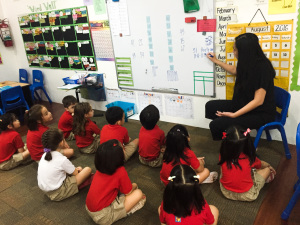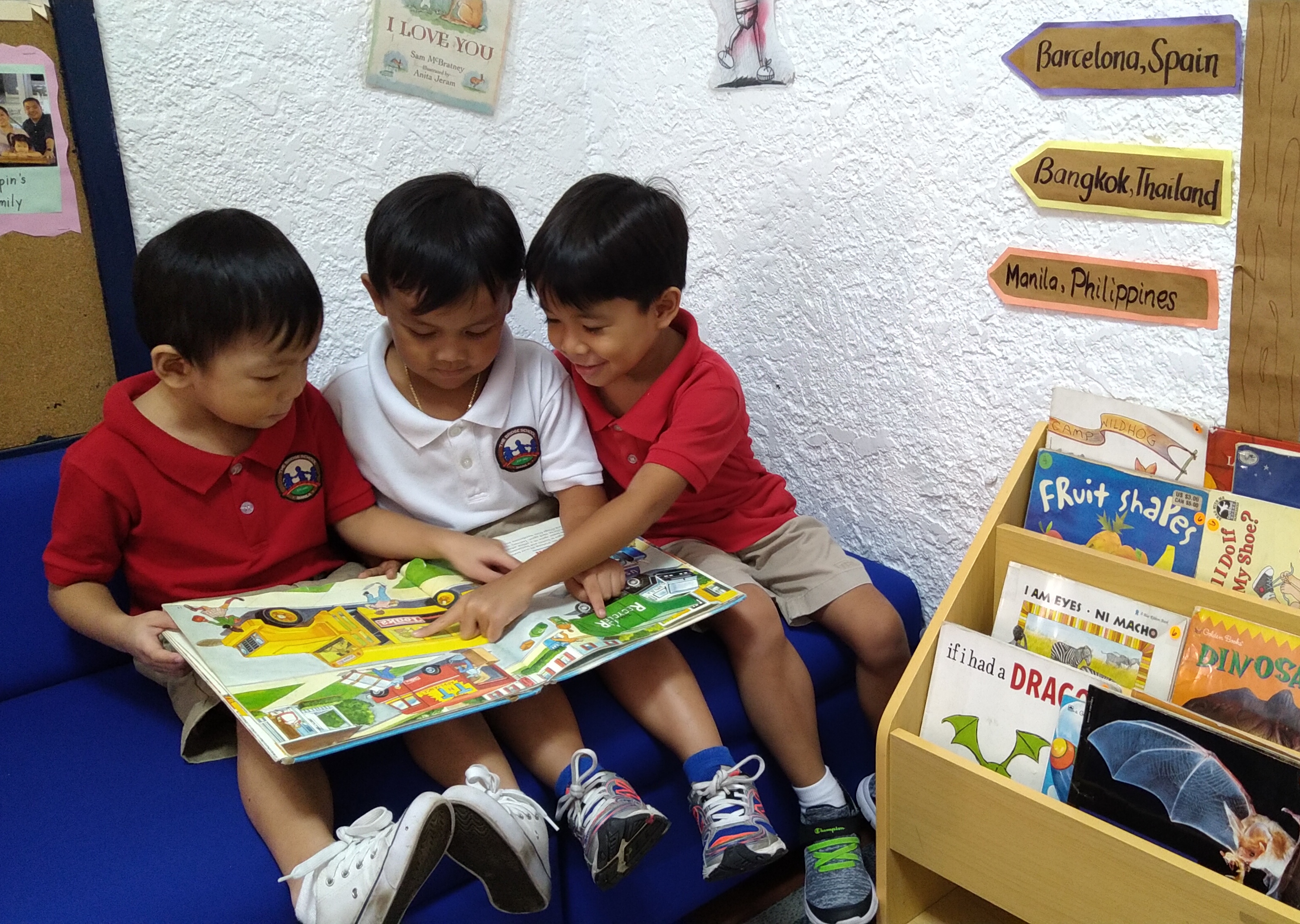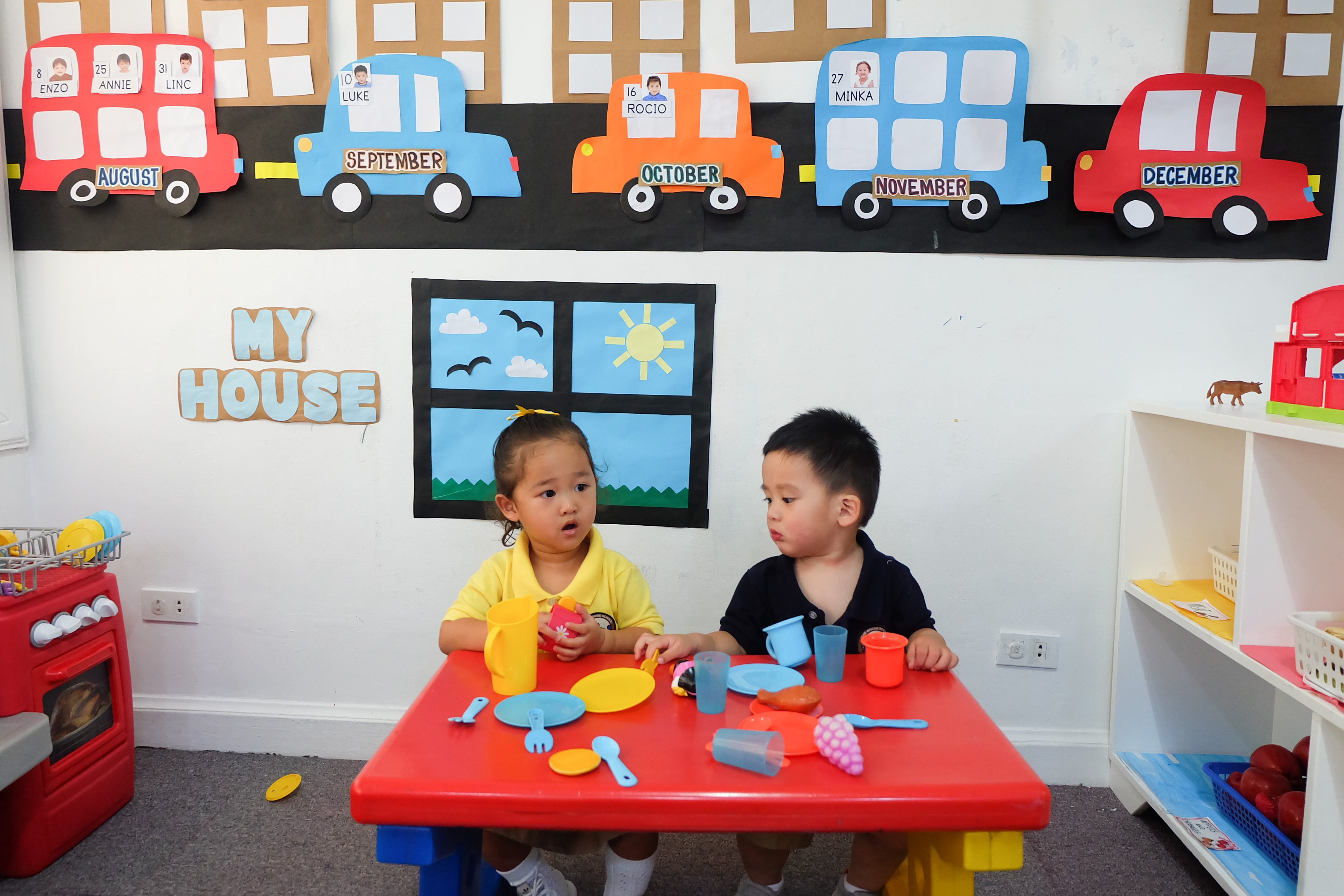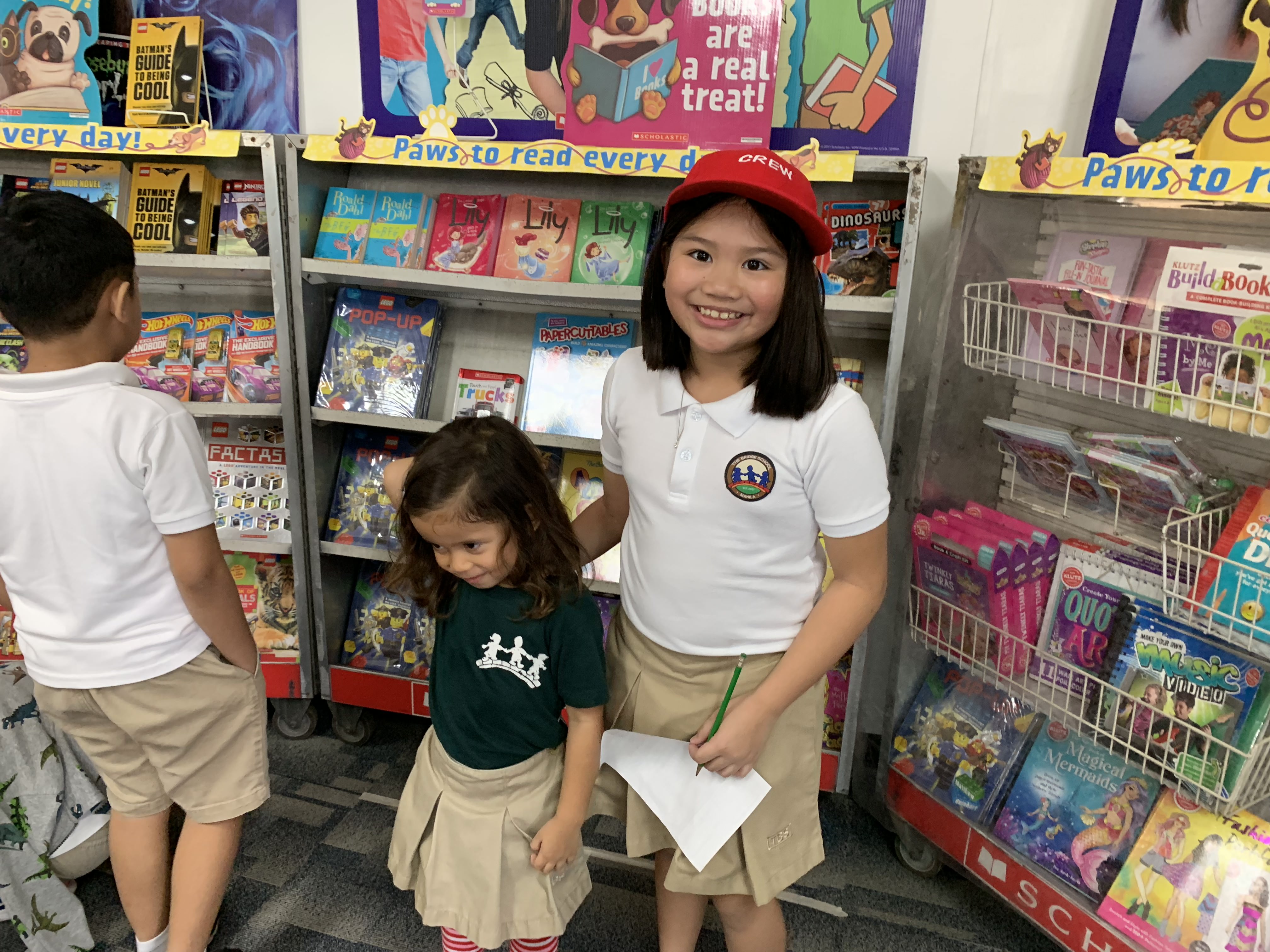Philosophy
Constructivist and social constructivist theories of development are foundational in the field of early childhood education and guide our teaching practices. Jean Piaget’s theories are particularly helpful in our understanding of the stages and processes of cognitive development. Based on his findings, we are less concerned with the traditional products of learning; rather we focus our attention on the process of learning. Attempts to hurry a child’s cognitive development are not worthwhile Piaget’s research documents that the stages of cognitive development cannot be skipped, nor is it possible to speed through them. While most children, even at the youngest ages, are able to memorize and recite, these skills do not represent meaningful learning in the preschool years. Our goal is to help foster the development of children’s critical thinking skills by giving them opportunities to experiment, explore, question, and play. Vygotsky’s work on children’s development sheds light on the importance of the social community. Children construct knowledge through their interactions with the physical and social world. Social engagement is a primary stimulus for cognitive growth especially in the early years. We believe that children co-construct knowledge with other individuals within the classroom community.
Our Curriculum
 We see curriculum as a rich and vibrant process, which can best be described as an interweaving of the learning objectives with the children’s ideas and interests, experiences, values and many times from unexpected events, also taking into account the developmental stage of the children. Whenever possible, learning is structured as a discovery process in which children are active rather than passive. Each year, the teacher and children working together create a unique classroom culture. Teachers plan for individual children and the whole group with this in mind. We strive to keep the curriculum relevant and meaningful so that children experience the intrinsic value of learning.
We see curriculum as a rich and vibrant process, which can best be described as an interweaving of the learning objectives with the children’s ideas and interests, experiences, values and many times from unexpected events, also taking into account the developmental stage of the children. Whenever possible, learning is structured as a discovery process in which children are active rather than passive. Each year, the teacher and children working together create a unique classroom culture. Teachers plan for individual children and the whole group with this in mind. We strive to keep the curriculum relevant and meaningful so that children experience the intrinsic value of learning.
Children learn academics – reading, language, writing, math, science and social studies, and Filipino in developmentally appropriate ways, through meaningful, hands-on experiences. All academic challenges are matched to each child’s demonstrated cognitive growth. Children often engage in project work and other activities that strengthen their natural dispositions to be interested, absorbed and involved in in-depth observation and investigation.







